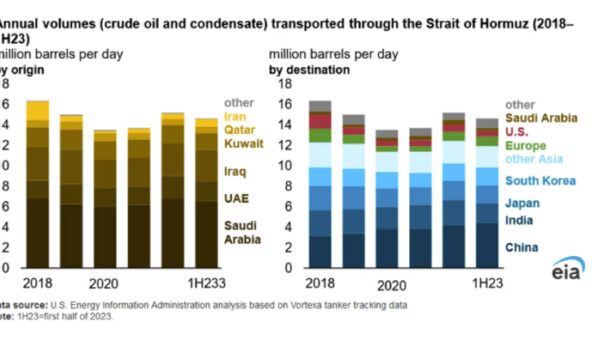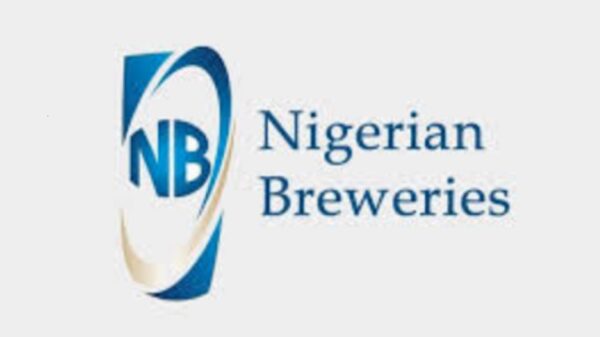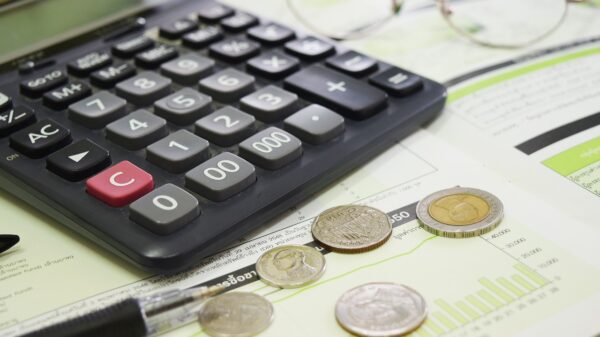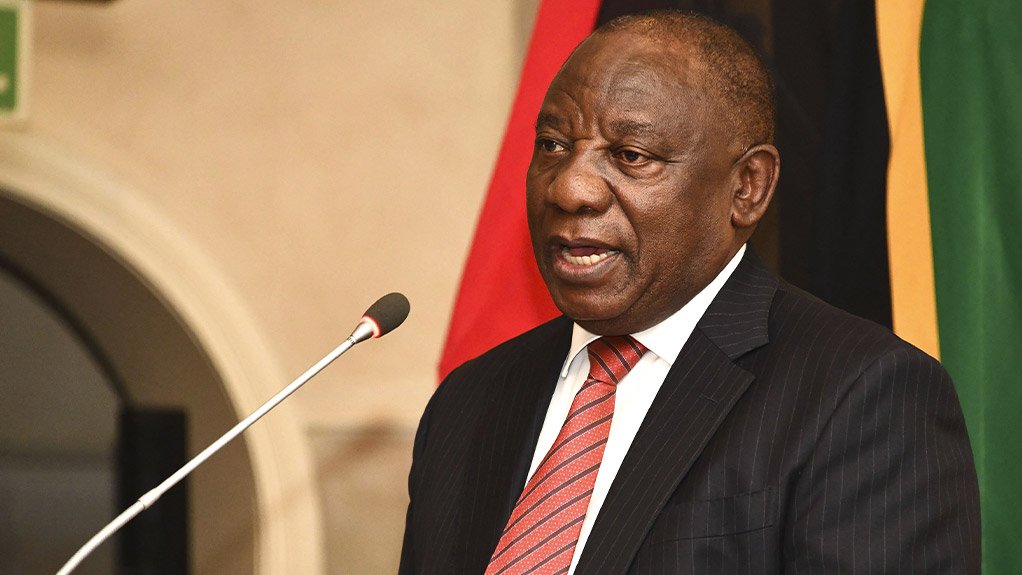As South Africa inches closer to a million confirmed Covid-19 cases and mortalities run in the thousands, President Cyril Ramaphosa has announced a beach ban in most parts of the country and reintroduced restrictions on the times and days when alcohol can be sold.
The latest confirmed cases stand at 866,127. The mortality rate from coronavirus-related causes and complications has gone up from 100 to slightly more than 150 a day. Of these deaths, nearly 400 have been documented among public healthcare workers, whose share of positive infections is 38,000.
“There can no longer be any doubt, the country has entered a second wave of coronavirus infections,” conceded Ramaphosa late on Monday as he announced measures to curb the spread of new infections.
The head of state also revealed South Africa has concluded processes to ensure the country’s participation in the World Health Organisation’s Covid-19 Global Vaccine Access Facility.
The most alarming aspect of South Africa’s second wave is that new infections are prevalent among young people who are between 15 to 19 years.
The Eastern Cape, the Western Cape, KwaZulu-Natal and Gauteng are the provinces where the second wave surge has been most prevalent.
With the exception of Gauteng, the three other provinces are coastal and home to popular beach towns and resorts, including Cape Town and Durban. This time of the year, these provinces attract domestic visitors and international tourists.
Furthermore, young people in their final year of high school usually visit coastal resort towns for what is known as ‘matric rage’. Rage takes place after Grade 12 pupils write their final exams. However, in a year of a pandemic such rage gatherings are super-spreader events.
A recent rage in Ballito, KwaZulu-Natal, has been blamed for an estimated 1,000 young people from Gauteng who attended the event, testing positive for the coronavirus.
“What we don’t yet know is how many more people each of them has infected,” said the president, adding, “it is said that up to 300 families could in turn have been infected.”
In addition to festivals, Ramaphosa cited concerts, parties and travel as contributing factors to the rise in new infections.
“The festive season now poses the greatest threat to the health and wellbeing of our nation. It poses the greatest threat also to the recovery of our economy,” he warned.
Beach and park ban
In response, the administration has declared Sarah Baartman District and Garden Route District municipalities Covid-19 hotspots. The two municipalities join Nelson Mandala Bay Municipality, which was declared a hotspot 11 days ago.
In the areas with the highest rate of infection, beaches and public parks will be closed from Wednesday 16 December to 3 January.
This measure will affect the entire Eastern Cape, which is known for its beautiful sandy beaches and popular surfing spots, and the Garden Route district in the Western Cape.
The Eastern Cape is home to Jeffreys Bay, situated 78km from Port Elizabeth. Jeffreys Bay is renowned for its big waves and is among the top five surfing spots in the world.
On the busiest days of the festive season – 16, 25, 26 and 31 December, and 1 to 3 January – beaches and parks will be closed in KwaZulu-Natal.
In the Northern Cape and Western Cape, beaches and parks will remain open. However, that excludes the Garden Route district, which is in the Western Cape.
The unaffected beaches and parks will only be open between 9am and 6pm.
“Should the situation deteriorate, further action will be taken to protect our people,” President Ramaphosa cautioned.
Curfew and booze limits
In addition to the measures affecting beaches and parks:
- The nation’s curfew has been revised and will run from 11pm to 4am.
- Bars, restaurants and other non-essentials establishments have been ordered to close at 10pm to accommodate the curfew.
- “The sale of alcohol from retail outlets will only be permitted between 10am and 6pm from Monday to Thursday. Alcohol consumption in all public spaces, such as beaches and parks, is strictly forbidden.”
Registered wineries and wine farms will be permitted to offer tastings and wine sales to the public for off-site consumption on weekends. “This exception is being made due to the vital contribution of these establishments to the tourism sector,” said the president.
President’s plea
“These festive season restrictions will be reviewed in early January based on the state of the pandemic across the country,” he added.
“This festive season, I am asking you to keep your celebrations small and to avoid crowds,” President Ramaphosa pleaded.
The head of state also revealed South Africa has concluded processes to ensure the country’s participation in the World Health Organisation’s Covid-19 Global Vaccine Access Facility.
“As part of this facility, it is expected South Africa will receive initial vaccines to cover 10% of our population in the early part of next year,” Ramaphosa explained.
South Africa is also part of the African Vaccine Acquisition Task Team looking at alternative financing mechanisms to secure additional vaccines for the continent.
“The Minister of Health is part of this task team and is also looking at innovative partnerships with the private sector to ensure South Africans have access to an effective vaccine suitable to our conditions,” he concluded.


















































You must be logged in to post a comment Login